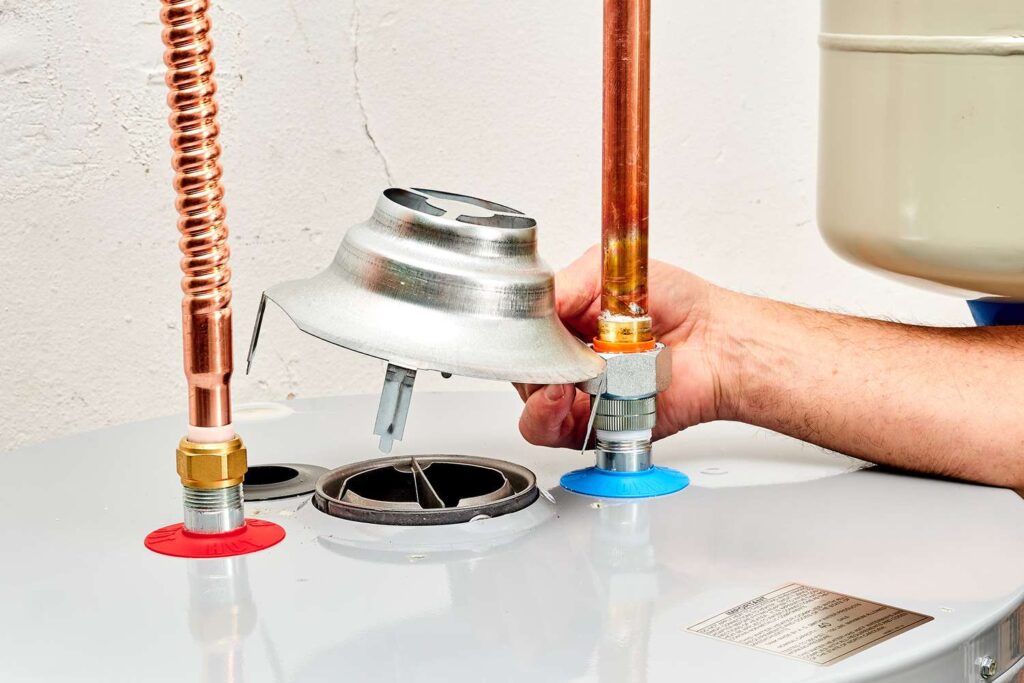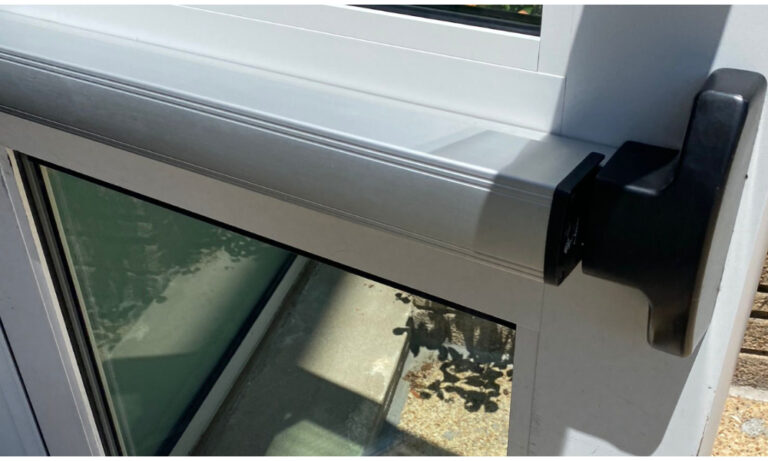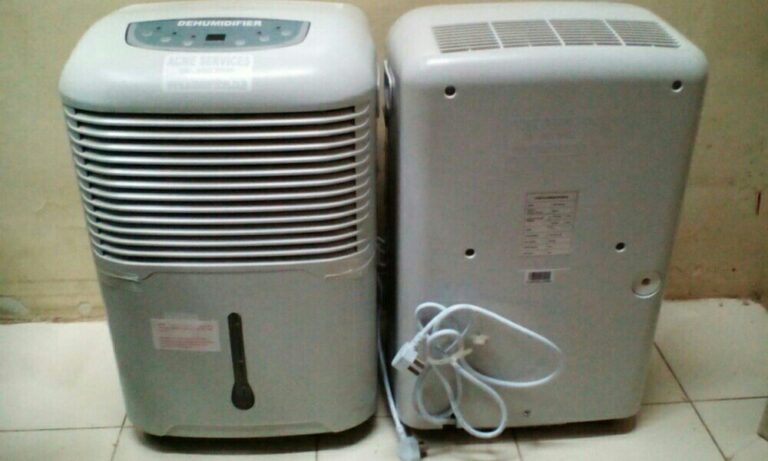
Maintaining your water heater is essential for extending its lifespan and ensuring it operates efficiently. Regular upkeep can prevent common issues such as leaks, temperature fluctuations, and noisy operation. Read on for practical tips in maintaining your water heater and troubleshooting frequent problems.
Regular Maintenance Tips
- Annual Inspection: Schedule an annual inspection with a professional to check for signs of wear and tear, corrosion, and proper venting.
- Flushing the Tank: Sediment buildup in tank water heaters can reduce efficiency and cause damage. Flush the tank at least once a year to remove sediment. This process involves draining the tank until the water runs clear.
- Checking the Anode Rod: The anode rod helps prevent tank corrosion. Inspect and replace it every 3-5 years or when it shows significant wear.
- Temperature Settings: Set the thermostat to 120°F (49°C) to prevent overheating and reduce energy consumption. This setting is also safe for household use and prevents scalding.
- Inspecting Pressure Relief Valve: Test the pressure relief valve annually to ensure it releases pressure properly. Lift the valve lever and let it snap back; it should release a burst of hot water into the drainpipe.
Considering Upgrades and Trouble Shooting
When maintenance and troubleshooting become frequent, it might be time to consider an upgrade. Modern water heaters offer better efficiency and advanced features. For instance, if you’re researching the best water heater in the Philippines, consider options with energy-saving technologies and robust warranties.
Leaks
Leaks can result from faulty connections, corroded pipes, or a damaged tank. The solution is to tighten loose connections and replace worn-out parts. If the tank itself is leaking, replacement is necessary. If leaks are persistent or water pools around the heater, it will always be better to call a professional.
Temperature Issues
Incorrect thermostat settings, a faulty heating element, or sediment buildup. To address this, simply adjust the thermostat, flush the tank, and replace defective heating elements if needed. If the water remains too hot or too cold despite adjustments the help of a professional will be necessary.
Noisy Operation
Sediment buildup causing popping or rumbling sounds, or scale formation on heating elements. When this happens, flush the tank to remove sediment and clean the heating elements. Again, call a professional if noises persist after maintenance.
Regular maintenance and prompt troubleshooting can significantly extend the life of your water heater and improve its efficiency. Additionally, assessing the shower heater price can help you find a cost-effective model that fits your budget.
While some tasks can be done by homeowners, don’t hesitate to call a professional for persistent issues or complex repairs.
By staying proactive, you’ll ensure a reliable supply of hot water and save on energy bills.







